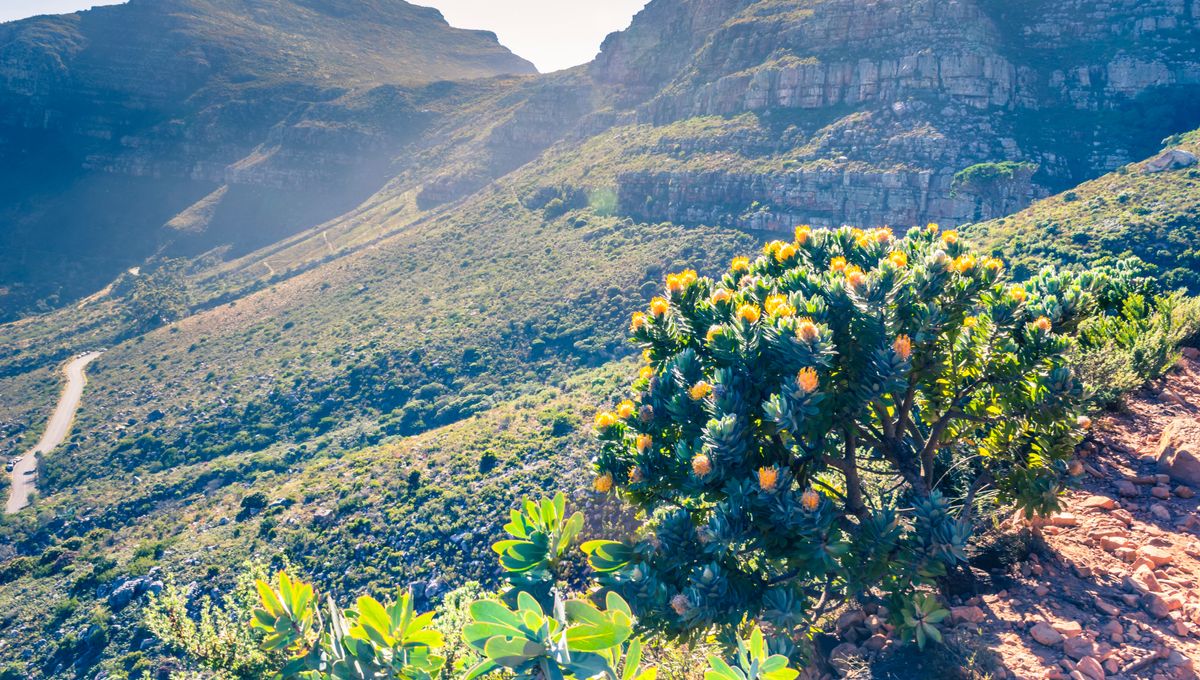
During an investigation to see whether it was possible to restore an iconic, but endangered, community of shrubland plant species in South Africa, researchers have not only discovered underground banks of seeds that have remained intact for over 130 years, but that are also very much still alive – and can grow too.
ADVERTISEMENT
The seeds in question belong to a plant community called the Cape Flats Sand (CFS) Fynbos, the largest portion of which is found in Tokai Park, part of Cape Town’s Table Mountain National Park. For over a century, this region was used to generate timber, with invasive tree species brought over by colonizers dominating over the fynbos.
Now, CFS fynbos is considered to be a critically endangered ecosystem, and one that scientists are keen to conserve and restore given that it includes a diverse range of plant species, including some that are endemic to South Africa, and others that have gone extinct elsewhere.
The key to that restoration might be soil seed banks. These aren’t the same kind of seed banks that you find in places like Svalbard – these are naturally occurring banks of seeds that lie dormant underground, waiting for the right conditions to germinate and grow.
“The soil therefore acts like a time capsule, allowing us to see what fynbos plants were present in the past. These could be species thought extinct, species unknown to science, or very rare species that exist in tiny numbers,” the researchers explain in an article written for The Conversation.
After an accidental fire in Tokai Park back in the 1990s, and later prescribed burns in the region, saw fynbos reappear, it suggested seed banks were present there, and that their component seeds had managed to survive.
The team behind this latest research wanted to confirm this, and set out to uncover the extent of fynbos seed banks in the park, and if the seeds were still able to grow. They took soil samples from five different parts of the park, focusing on areas containing six fynbos species considered to be particularly important.
ADVERTISEMENT
Despite over a century of forestry plantation, they found that fynbos seeds had managed to survive; when they exposed the seeds to smoke, they germinated. And they’d survived for a surprising amount of time, too – using forestry records, the researchers were able to determine that the seeds were banked between 40 to over 130 years ago.
This, they concluded, provides hope that seed banks could be used to restore endangered fynbos back to their former glory.
“Our results show that even for old forestry plantation areas, ecological restoration to the historic vegetation community is feasible, where there is retained seed bank resilience, through a combination of passive and active restoration methods,” the researchers write in the study describing their findings.
“It is intriguing that fynbos seed banks can persist for such long periods under these adverse conditions,” they add in The Conversation article.
ADVERTISEMENT
“However, they will not persist forever, and we do not know when that tipping point may be for some of the rarer species. We need to open the time capsule now, before it is lost to us forever.”
The study is published in Plants, People, Planet.
Source Link: Seeds Discovered In Natural “Time Capsules” In South Africa Can Still Grow After 130 Years